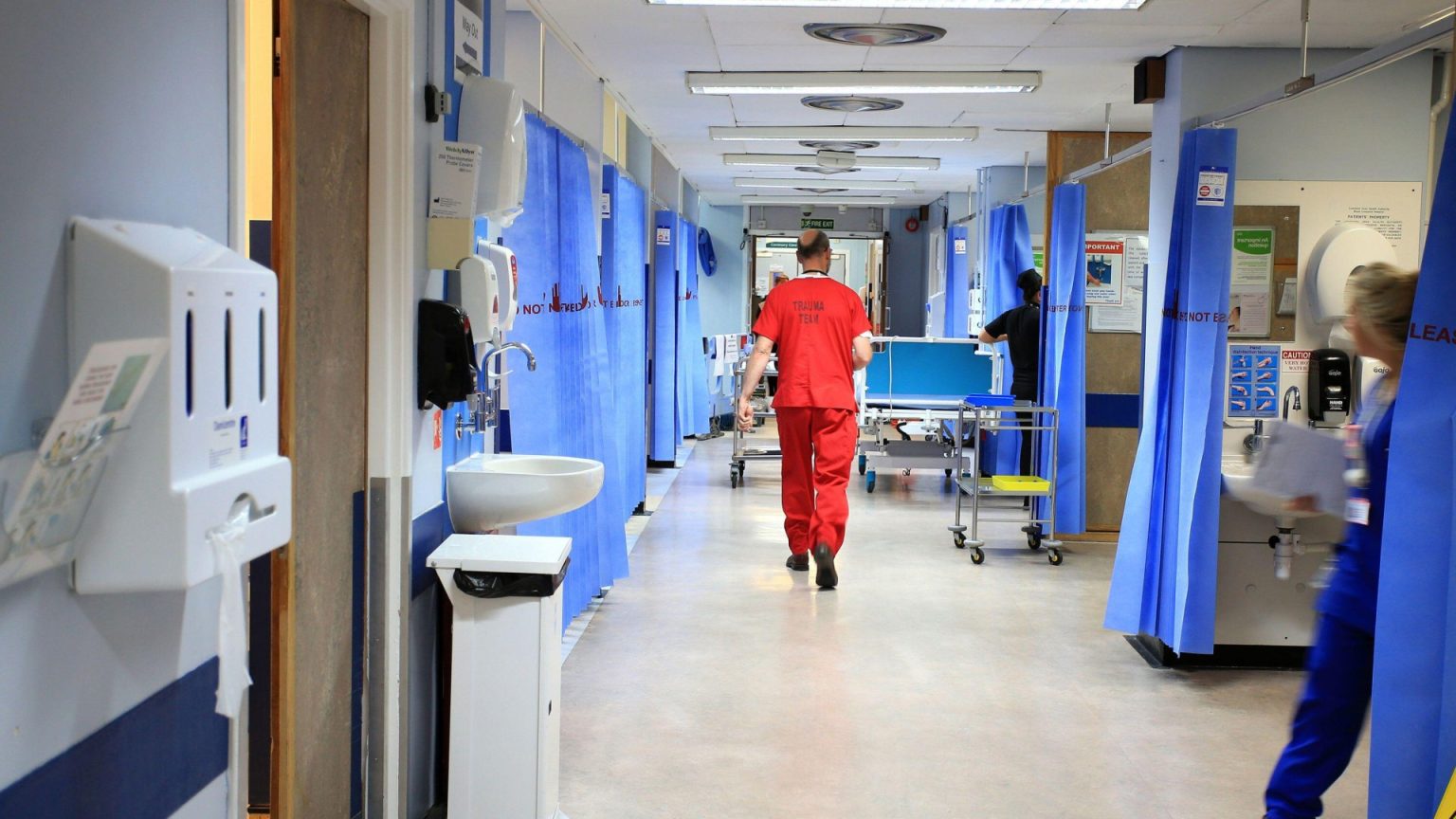The UK’s National Health Service (NHS) is facing immense pressure due to a confluence of winter illnesses, dubbed a “quad-demic,” encompassing influenza, COVID-19, respiratory syncytial virus (RSV), and norovirus. Hospitals across the country are operating at or beyond capacity, with many described as “full to bursting.” This overwhelming demand is leading to patients being treated in corridors, long ambulance queues, and critical shortages of both beds and staff. Dr. Ian Higginson, Vice President of the Royal College of Emergency Medicine (RCEM), has characterized the situation as “pretty grim,” warning of significant challenges for patients seeking care during the holiday season. The surge in flu cases, combined with the other circulating viruses, has exacerbated an already strained system. The RCEM has expressed serious concerns about patient safety, criticizing the practice of treating patients in corridors as “dangerous” and calling for urgent action to address the systemic issues plaguing the NHS.
The bed shortage in England is estimated at approximately 10,000, equivalent to two wards per hospital, significantly impacting the NHS’s ability to provide timely and effective care for urgent and emergency cases. This shortage, coupled with staff shortages, creates a bottleneck in the system, hindering the flow of patients and delaying treatment. Dr. Higginson emphasizes the need for increased investment in social care to facilitate the discharge of older patients who no longer require acute hospital care. This would free up much-needed beds and alleviate some of the pressure on emergency departments. Furthermore, he highlights the importance of vaccination against influenza and other preventable illnesses to reduce the burden on the NHS and protect individuals from severe complications.
The current “quad-demic” has seen a dramatic rise in flu cases, particularly in the weeks leading up to Christmas. Hospital admissions for influenza increased by 70% in just one week, reaching levels significantly higher than the previous year. This surge in flu cases mirrors the pattern observed in Christmas 2023, emphasizing the cyclical nature of these winter illnesses and the importance of proactive preventative measures. Andrew Cai, Medical Director for flu vaccine manufacturer CSL Seqirus, points to the previous year’s flu peak around Christmas as a stark reminder of the potential for rapid escalation in hospitalizations. He stresses the importance of vaccination to protect against severe illness and reduce the strain on healthcare resources.
Public health officials have urged millions to protect themselves against the “quad-demic” through vaccination and other preventative measures. Data from the UK Health Security Agency (UKHSA) reveal a concerning prevalence of influenza, with one in four individuals testing positive for the virus. While cases of COVID-19 and RSV appear to be stabilizing, the surge in flu and norovirus infections continues to pose a significant challenge. Health officials have renewed their calls for eligible individuals to get vaccinated “without delay” to minimize the risk of “festive flu” and its potential complications. The emphasis on vaccination reflects the ongoing concern about the combined impact of these winter illnesses and the need to protect vulnerable populations.
The NHS is actively promoting vaccination against influenza and other winter viruses as a critical strategy to mitigate the impact of the “quad-demic.” The flu vaccine is particularly important for individuals with chronic illnesses, as they are at increased risk of severe complications. Vaccination reduces the likelihood of hospitalization and helps protect the overall health of the population during the demanding winter months. Children are typically offered the flu vaccine as a nasal spray, a quick and painless alternative to injections, unless there are contraindications due to allergies or other medical reasons. The accessibility and ease of administration of the nasal spray vaccine make it a valuable tool in protecting children from influenza.
In summary, the NHS is grappling with an unprecedented “quad-demic” of winter illnesses, leading to overcrowded hospitals, staff shortages, and compromised patient care. The surge in flu cases, coupled with the ongoing circulation of COVID-19, RSV, and norovirus, has created a perfect storm, pushing the healthcare system to its limits. Experts stress the crucial role of vaccination in mitigating the impact of these illnesses, alongside the need for increased investment in social care and a more robust healthcare infrastructure to cope with future surges in demand. The current situation serves as a stark reminder of the vulnerability of healthcare systems to concurrent outbreaks and the importance of proactive public health measures to protect individuals and maintain the integrity of essential services.











